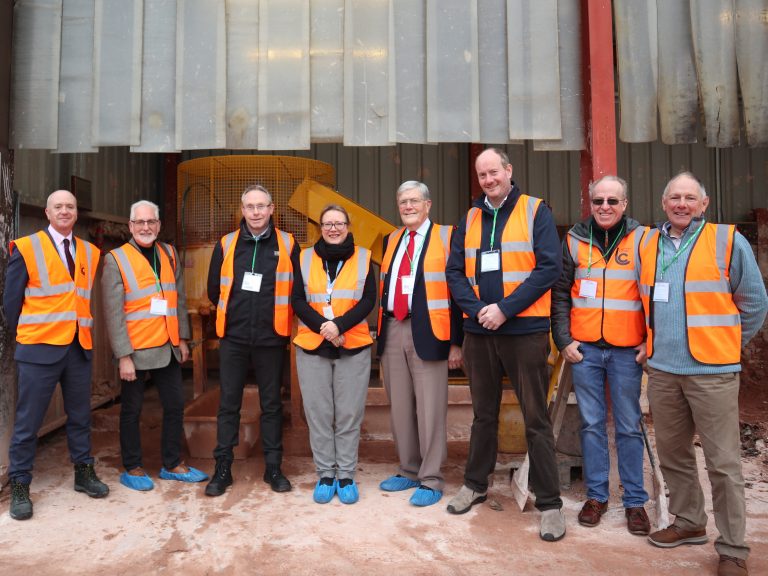Streets Chartered Accountants covers year end tax planning, R&D tax reliefs, its new merger and more in its new news roundup.
The merger of two leading accountancy practices is a welcome boost to Banbury and the surrounding area
Streets Chartered Accountants have announced the establishment of Streets Eadie Young Chartered Accountants.
Podcast: Personal financial planning ahead of the 5th April tax year-end
In this episode of The Streets Sessions, Streets talk to Sam Tindale, Financial Adviser and Managing Director of Tower House Wealth Management, about what individuals and business owners may need to do and consider from a tax and financial perspective as we approach 5th April 2023.
Year End Tax Planning Guide 2022/23
With the end of the tax year fast approaching, now is a good time to review your business and personal finances to ensure that they are as tax-efficient as possible. As your accountants, Streets can work with you to make sure your business and personal finances are in a strong position to weather whatever lies ahead. This includes planning to make the most of the tax-saving opportunities available to you, particularly ahead of the tax year end.
What are the changes to R&D tax reliefs and how might they affect you?
Over the last 12 months, HM Revenue and Customs and the Government have made a number of changes to the Research and Development (R&D) Regime which have arisen largely from consultations and policy announcements. Streets have summarised these changes along with an overview of the current stance HMRC are taking when reviewing R&D claims.
Why would you want to spend more time with your accountant?For many in business the idea of spending more time with their external accountant may sound a bit alien. It certainly is not untypical for most business owners and their accountants to only meet once a year to review the annual accounts and to discuss the tax returns. Invariably, most can then be forgiven for thinking that there is little to be gained from frequent contact.
Podcast: The business life of a serial entrepreneurIn this episode of The Streets Sessions, Streets talk to Ryan Carruthers, a serial entrepreneur who started out selling PlayStation games at school, then makeup at university, managed a successful property portfolio and now runs a SaaS business. In conversation, they explore what makes a serial entrepreneur, how to juggle a number of businesses, knowing when to stop doing something and when to turn to something new, along with how to test whether ideas have legs.
Webinar: The Budget 2023 – what will it mean for you?The Chancellor, Jeremy Hunt, will present his Spring Budget in the House of Commons on Wednesday 15th March 2023. Following the announcements, Streets will be holding a special webinar on Thursday 16th March, 11am till 12noon. It will provide details of the announcements along with guidance on what they may mean for businesses and individuals. Presenters will include Michael Ball – Tax Partner, Kelly Goodchild – Tax Manager and Sam Tindale – Tower House Wealth Management.












